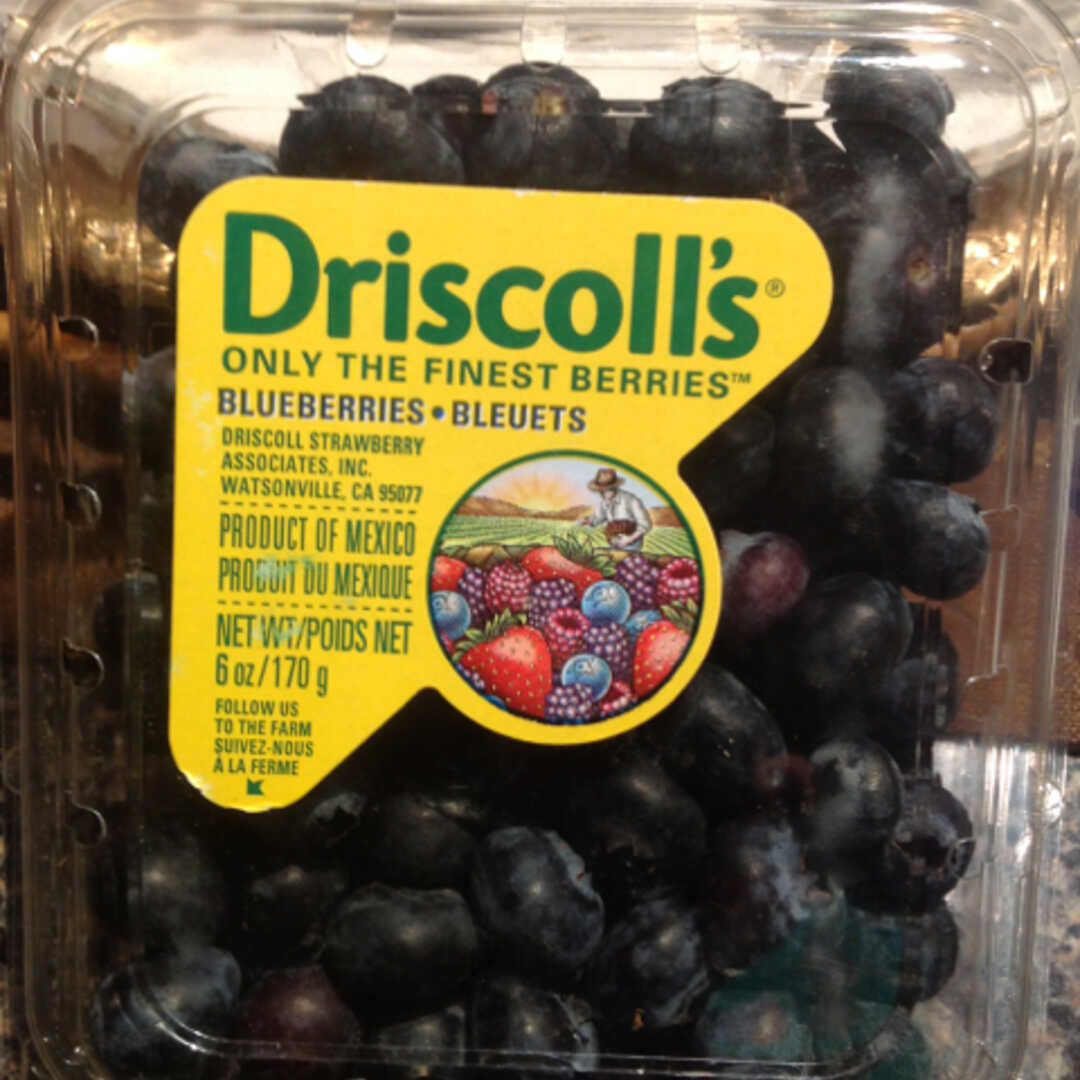Ever wondered how a seemingly tiny fruit can pack such a nutritional punch? Blueberries, those vibrant, bite-sized jewels of the fruit world, are not only delicious but also remarkably low in calories, making them a fantastic addition to any health-conscious diet. Let's dive into the details of this amazing fruit and explore what makes them so beneficial.
One cup of raw blueberries, a modest serving size, typically contains around 84 calories. Within these calories, you'll find approximately 21 grams of carbohydrates. This provides a good source of energy. Additionally, a cup of blueberries provides nearly 4 grams of fiber, an essential nutrient for digestive health. The presence of fiber also contributes to a feeling of fullness, which can aid in weight management. Although blueberries contain about 15 grams of total sugar per cup, their glycemic load is low. This means that blueberries do not cause rapid spikes in blood sugar levels, making them a suitable choice for individuals monitoring their sugar intake. In fact, the glycemic load of blueberries is below 10, well within the range considered low.
| Nutritional Aspect | Details |
|---|---|
| Calories (per cup) | Approximately 84 calories |
| Carbohydrates (per cup) | About 21 grams |
| Fiber (per cup) | Nearly 4 grams |
| Total Sugar (per cup) | About 15 grams |
| Glycemic Load | Below 10 (considered low) |
| Fat (per cup) | Around 5% |
| Carbs (per cup) | Around 91% |
| Protein (per cup) | Around 5% |
| Additional nutrients | Vitamin C, Vitamin K, and Manganese |
Reference: United States Department of Agriculture (USDA)
The simplicity of their nutritional profile is one of the most appealing aspects of blueberries. For those keeping a watchful eye on their calorie consumption or aiming to shed a few pounds, blueberries emerge as a worthy companion. They are remarkably low in both calories and fat, yet they are abundant in nutrients, most notably healthy fiber. Moreover, their high water content contributes to hydration. The focus on blueberries extends beyond just their nutritional value; the portion sizes are also worth considering.
The term "pint" is often used when referencing blueberries. A pint of blueberries, roughly weighing around 340 grams, generally contains between 169 to 229 calories. However, the actual amount can vary slightly based on factors like size, ripeness, and the density of the berries. Blueberries that are tightly packed will have more berries in a pint, potentially leading to more calories. In contrast, loosely packed blueberries might result in fewer berries and fewer calories overall. Regardless of the exact calorie count, the fact remains: blueberries are relatively low in calories compared to many other fruits.
Consider a pint of blueberries with peak quality, which often contains around 169 calories. The macronutrient breakdown reveals a composition of approximately 91% carbs, 5% fat, and 5% protein. Furthermore, a pint of blueberries is a good source of fiber, providing around 25% of your daily value. They also offer a significant amount of Vitamin C, with about 32% of your daily value. Some analyses, like that provided by the United States Department of Agriculture (USDA), estimate that a pint of blueberries contains about 275 calories. This is typically based on a pint of fresh or frozen blueberries without added sugars or preservatives.
- Liam Harkmoore Movies Tv Shows More What You Need To Know
- Damien Ellis Latest News Updates More Discover Now
It is important to mention that, aside from their low calorie count, blueberries are an outstanding source of dietary fiber. A pint provides about 4 grams of fiber. And, remember that calories can fluctuate slightly depending on factors such as the size, ripeness, and weight of the blueberries themselves. Unripe blueberries, for instance, may have lower sugar levels and fewer calories than those that are fully ripe. Furthermore, blueberries are also low in sodium and practically fat-free. A cup of blueberries can also offer a decent amount of Vitamin C, Vitamin K, and manganese. They are loaded with antioxidants, these potent compounds are associated with various health benefits. They help combat free radicals in the body. Blueberries are also a good source of vitamin K, which is critical for blood clotting and bone health. Manganese, another key nutrient found in blueberries, supports bone development and metabolic processes.
The macronutrient profile of blueberries is noteworthy. The breakdown typically shows a high percentage of carbohydrates, a small amount of fat, and a moderate protein content. Consider this detailed breakdown: one cup of blueberries offers approximately 1.5 grams of fat, 58 grams of carbohydrates, and 4 grams of fiber. They contribute substantially to the nutritional well-being of an individual.
A quick comparison of some nutrition facts will shed more light: There are approximately 83 calories in 1 cup of blueberries, with the macronutrient breakdown showing 5% fat, 91% carbs, and 5% protein. In contrast, 100 grams of blueberries contain about 57 calories. These numbers underscore the fact that, gram for gram, blueberries are relatively low in calories, which is one of the main reasons why they're often a preferred choice for people looking to lose weight.
When considering the total nutritional profile, blueberries provide an attractive blend of benefits. They are low in calories and fat, a good source of dietary fiber, and they offer a host of vitamins and minerals. For those following a 2,000-calorie diet, the daily values may be higher or lower depending on your particular needs. It is also good to remember that a pint of blueberries is around 11 ounces, and it equates to about 180 calories.
Driscoll's blueberries, when evaluated in a 1 dry pint serving, often show fewer than 200 calories, highlighting the favorable caloric profile of this fruit. The nutritional makeup of blueberries is quite simple: around 5% fat, 91% carbs, and 5% protein. This composition makes them a smart food option for individuals focusing on balanced nutrition. Also, it is important to remember that the values can vary slightly depending on the size and ripeness of the fruit, but this will not affect the overall impact of the food.
In summary, blueberries are not just a tasty snack; they are a nutritional powerhouse, offering a blend of low-calorie goodness, fiber, vitamins, and antioxidants. Their relatively low glycemic load and macronutrient profile, combined with their versatility in various recipes, make them an excellent choice for anyone seeking to maintain a healthy lifestyle. When considering how to integrate more nutrition into a meal plan, blueberries should definitely be on the list.
- Joey Restaurants Accessibility Location Info Find A Joeys Near You
- Bray Wyatt News Updates Other Wyatt Profiles

/blueberries-annotation-254fd7fef8214c5799c6063047d9cf06.jpg)
